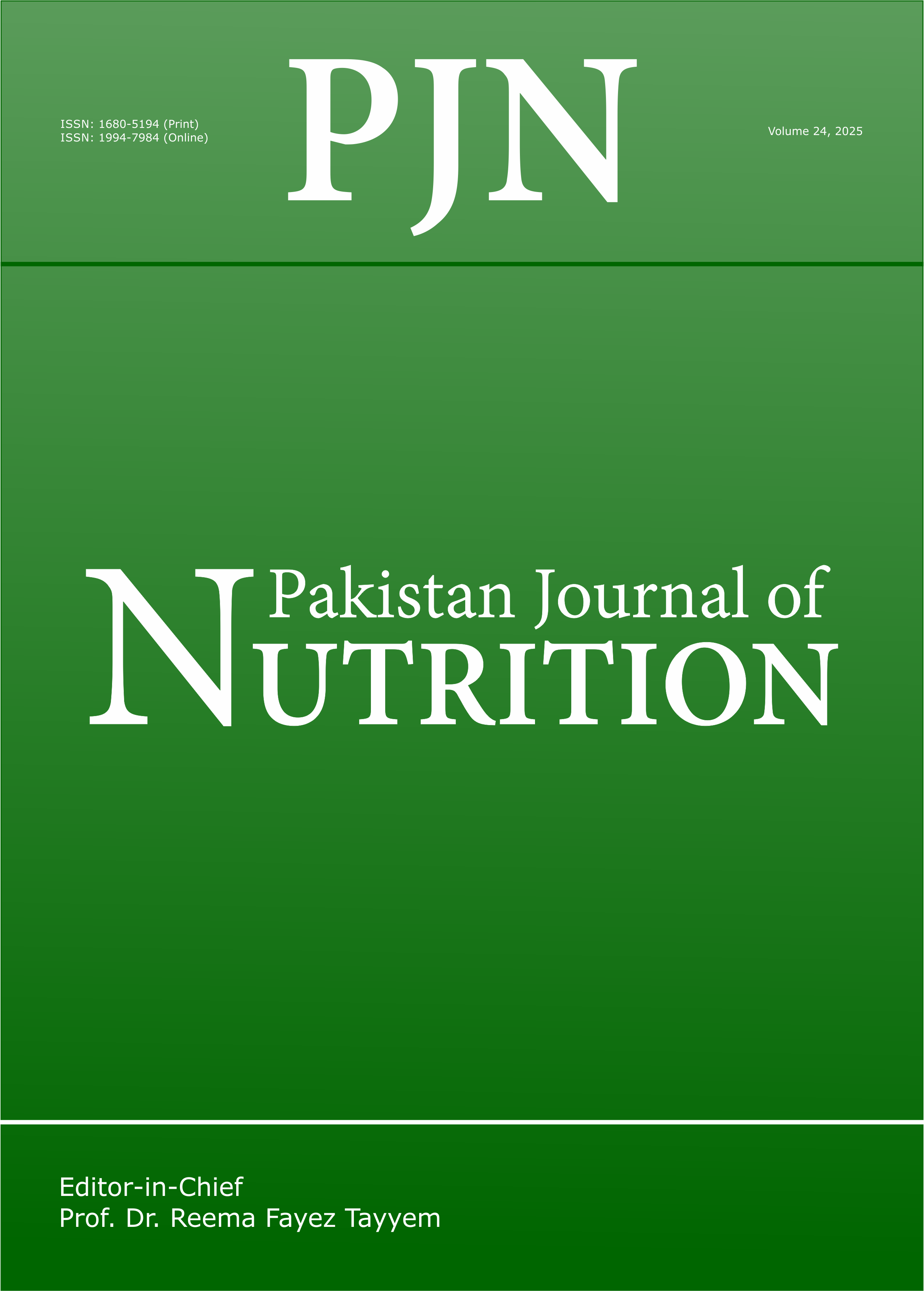Lack of Food Supply and Health Provision and Kidney Diseases among the Soldiers of the Royal Hungarian Army in 1942-43
DOI:
https://doi.org/10.3923/pjn.2007.718.721Keywords:
Climate, Diet, kidney diseases, nephrotic syndrome, Royal Hungarian Army, world warllAbstract
Explorers and members of the armed forces frequently have to make expeditions in to unknown and hostile country, where the opportunities for obtaining food are either limited or altogether absent. In such circumstances the expedition has to take with it sufficient food for its members. The planning and provision of the rations may make all the differences between the success or failure of the expedition or military operation. In 1920-1942 the food supply and health provision was acceptable among the soldiers of the Royal Hungarian Army and no signs of kidney diseases and nephrotic syndrome could be seen. In August 1942 in Russia the temperature was plus 41°C and in 1943 January it was and 41°C. May be that this indetermination in the temperature and starvation and undernutrition, accompanied with lack of fluids resulted in the greater frequency of the occurrence of kidney diseases and not punctually registered nephrotic syndrome among the soldiers of the Royal Hungarian Army. In almost a year of the eastern front the 2nd Army lost 125,000 men and dead, wounded or captured, only 70,000 returned.
Downloads
Published
Issue
Section
License
Copyright (c) 2007 Asian Network for Scientific Information

This work is licensed under a Creative Commons Attribution 4.0 International License.
This is an open access article distributed under the terms of the Creative Commons Attribution License, which permits unrestricted use, distribution and reproduction in any medium, provided the original author and source are credited.

